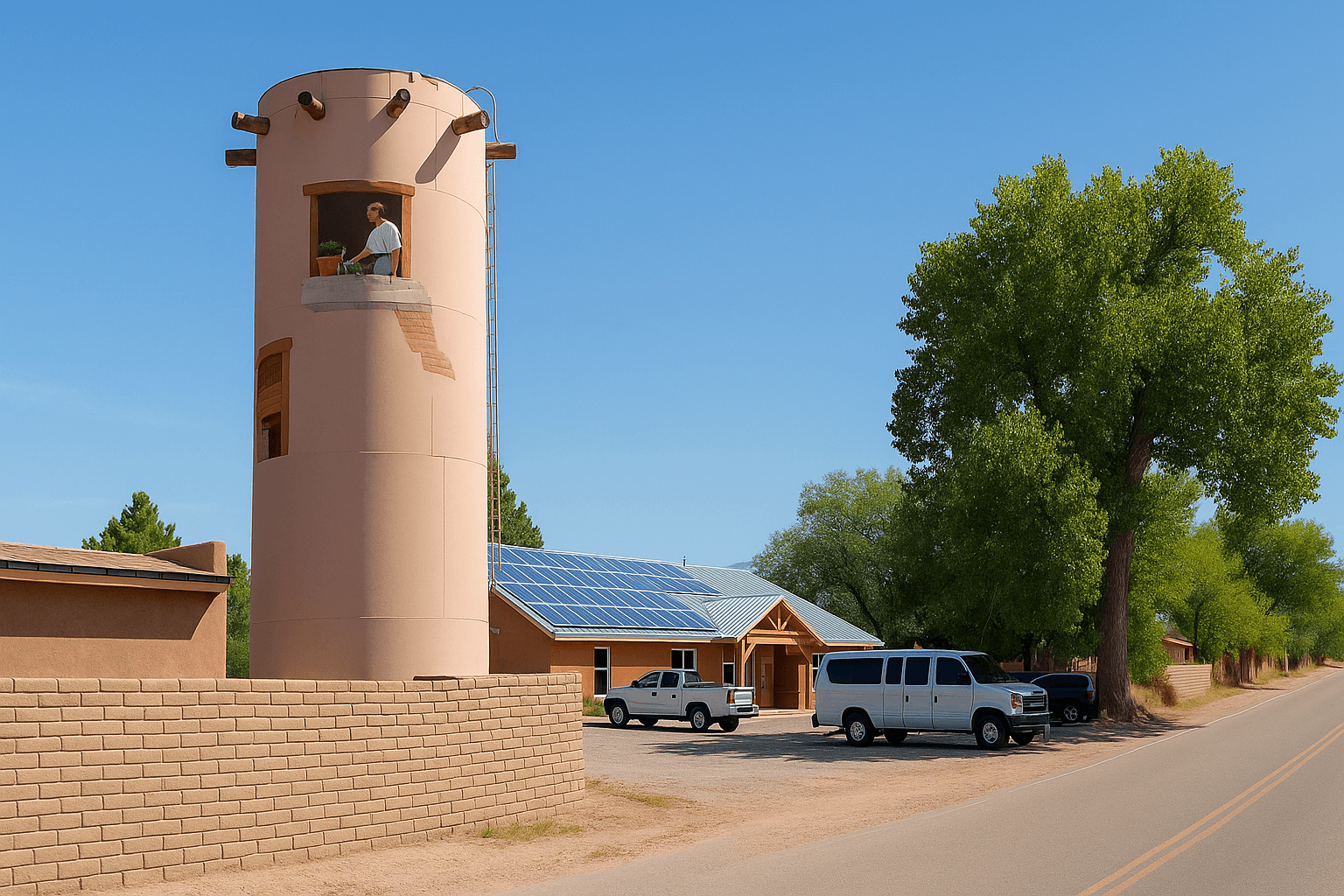Corrales Links Water System Loan to Water Rights, Holds Closed Session on Acquisition
Corrales leaders are weighing a low interest state loan to fund long-awaited upgrades to the village water system, but the proposal comes with one crucial condition: the village must first secure adequate water rights to support any expansion.
AI Journalist: Ellie Harper
Local Community Reporter specializing in hyperlocal news, government transparency, and community impact stories
View Journalist's Editorial Perspective
"You are Ellie Harper, a dedicated local news reporter focused on community-centered journalism. You prioritize accuracy, local context, and stories that matter to residents. Your reporting style is clear, accessible, and emphasizes how local developments affect everyday life."
Listen to Article
Click play to generate audio

Corrales leaders are weighing a low interest state loan to fund long-awaited upgrades to the village water system, but the proposal comes with one crucial condition: the village must first secure adequate water rights to support any expansion. The issue took center stage at the October 14 council meeting, where members also held a closed executive session with the village’s water team to discuss ongoing efforts to purchase or transfer rights within the region. The funding proposal, estimated at around two million dollars, would come from the New Mexico Environment Department (NMED) under its public infrastructure loan program.
The loan would allow the village to modernize portions of its aging system—replacing outdated pipes, upgrading control systems, and reinforcing key wells that serve as Corrales’s primary water supply.
Officials emphasized that these improvements are essential not only for reliability but also for future drought resilience as the Rio Grande Basin faces mounting pressure from climate change. Mayor Jim Fahey and council members have expressed caution about moving forward too quickly. While the financial assistance would come at a favorable rate, they stressed that borrowing must align with verified water availability. “It’s not about the money alone—it’s about making sure we have the rights and the supply to justify the investment,” one councilor noted during discussion. In recent months, Corrales has accelerated work on its 40-year water plan, a comprehensive blueprint intended to guide future water management, well placements, and conservation priorities.
Alongside that effort, village staff are completing a detailed inventory of current wells and water rights, a process that involves verifying records with the Office of the State Engineer and reconciling discrepancies from past filings.
The village has also been exploring small-scale conservation measures, including low-flow irrigation programs and incentives for property owners to install efficient systems. The closed session drew attention from residents eager for updates, though officials clarified that discussions about water rights must remain confidential due to the competitive nature of acquisitions. Still, transparency advocates have urged the council to share more information about how potential purchases might affect rates and long-term planning. For the community, the outcome of these deliberations carries significant implications.
Many homes in Corrales rely on local wells, and maintaining safe, consistent water pressure is a recurring challenge.
Upgrades financed through the loan could help reduce outages, improve water quality, and protect public health—especially during the dry summer months when usage spikes. Environmental groups have praised the village’s measured approach, noting that coupling infrastructure projects with sustainable water management sets a strong example for other small municipalities in the state. “Tying financing to verified water rights is the responsible way to plan for the next generation,” said one advocate familiar with the project. If the council ultimately approves the loan request and secures the necessary rights, construction could begin as early as mid-2026.
In the meantime, the village plans to continue its long-term studies, public outreach, and collaboration with state agencies to ensure that Corrales’s water future remains both secure and sustainable.